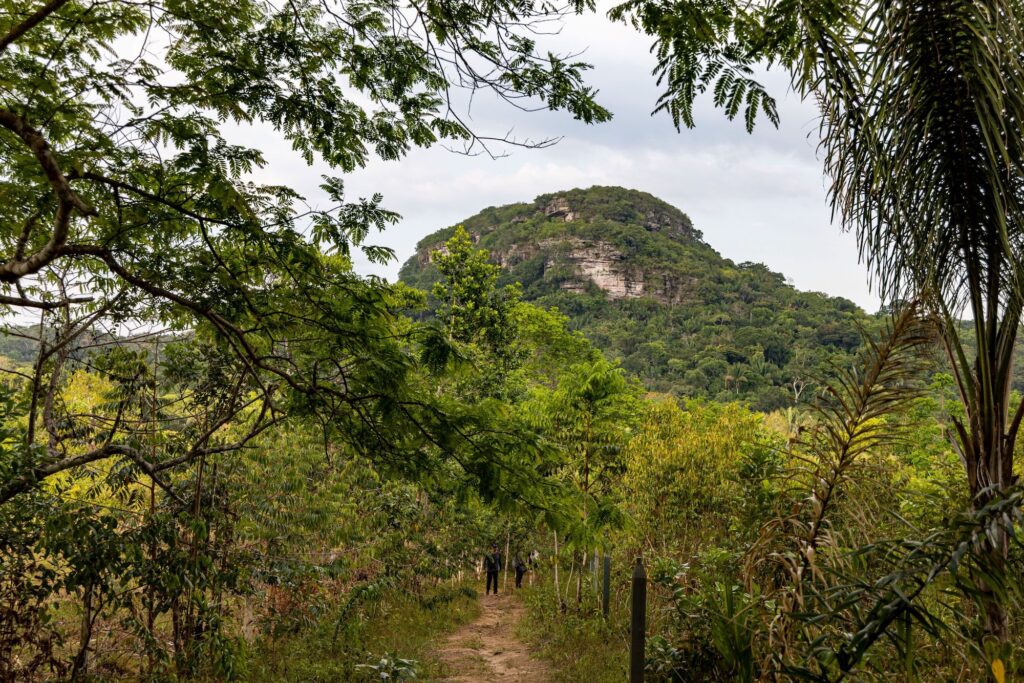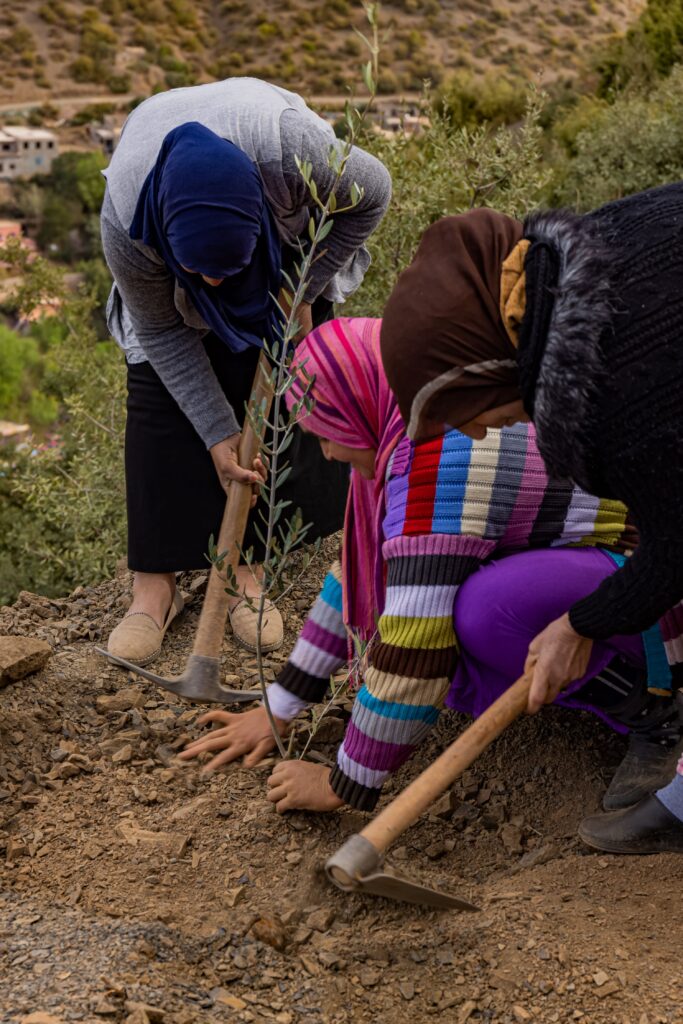YSL Beauty, in continuation of its global initiative Rewild Our Earth, has announced the launch of two new rewilding programs in partnership with the global NGO Re:wild.
To reinforce its broader environmental commitments, YSL Beauty has partnered with the Leonardo DiCaprio-backed Re:wild to address the decline of wild spaces with two new rewilding efforts in the Bahamas and Colombia as part of its Rewild Our Earth campaign. This program is a core component of the brand’s broader sustainability strategy titled “Change the Rules, Change the Future,” which also includes goals to reduce its impact and address abuse. These new projects aim to restore and protect vital habitats in some of the world’s most critically endangered biodiversity hotspots.
“The health of our planet and our wellbeing depend on the wild; we are all connected to the natural world,” Penny Langhammer, Executive VP of Re:wild, said in a statement. “Through this long-term collaboration with YSL Beauty, we will advance our efforts to protect and restore the Earth’s most irreplaceable areas for diversity.”
Rewild Our Earth is an ambitious long-term initiative that began in 2017 and has expanded to include several global regions, including Haiti, Madagascar, Indonesia, and Canada. With the addition of the Bahamas and Colombia, the initiative now encompasses seven key areas worldwide. The goal is to protect 100,000 hectares of land by 2030 to preserve biodiversity and combat the ecological impacts of climate change and human activity.
In the Bahamas, the focus is on the White Cay Iguanas, one of the earth’s most endangered lizards, with efforts centered around habitat restoration and community-based conservation plans. In Colombia, the project targets the restoration of buffer zones within the Chiribiquete and La Paya National Parks to protect a rich diversity of plant and wildlife species endemic to the Amazon Basin.

Since its inception, the Rewild Our Earth initiative has protected 47,351 hectares of land and has been instrumental in planting more than 422,000 trees. These projects not only aim to restore damaged ecosystems but also involve local communities in conservation efforts, thereby enhancing environmental resilience and sustainability.
This initiative aligns with YSL Beauty’s commitment to environmental responsibility, inspired by founder M. Saint Laurent’s passion for nature and the natural landscapes of Morocco that influenced his work. The ongoing efforts in Morocco’s Atlas Mountains and Ourika Valley highlight the brand’s dedication to both ecological and community resilience.
The announcement comes as a recent study published in the journal Nature demonstrated significant ecological benefits of Forest Stewardship Council (FSC) certification in regions including Gabon and the Republic of Congo. Conducted by Utrecht University and supported by the Wildlife Conservation Society (WCS) and WWF, the research shows that FSC-certified forests support notably higher populations of large and critically endangered mammals compared to non-certified forests.

The study’s findings reveal that FSC-certified areas host 2.7 times more large mammals (over 100 kilograms) and 2.5 times more medium-sized mammals (30–100 kilograms) than their non-certified counterparts. This includes species like gorillas, forest elephants, leopards, and chimpanzees. The presence of smaller mammals was consistent across both forest types, suggesting that biodiversity in non-certified forests is generally lower.
The health of forests and their wildlife is crucially linked to FSC certification, the researchers explained. “Tropical ecologists have known for some time that FSC certification is helpful for maintaining large-bodied mammal populations, based on studies that compare a single protected area to adjacent concessions,” Fiona Maisels, a WCS research scientist and co-author of the study, said in a statement. She noted that this is the first time that a set of paired FSC and non-FSC management concessions have been included in a study over such a large geographical area. “The results are crystal clear: large animals of conservation concern (such as forest elephants and the great apes) are unquestionably far better off in FSC-certified forests.”
Related on Ethos:


